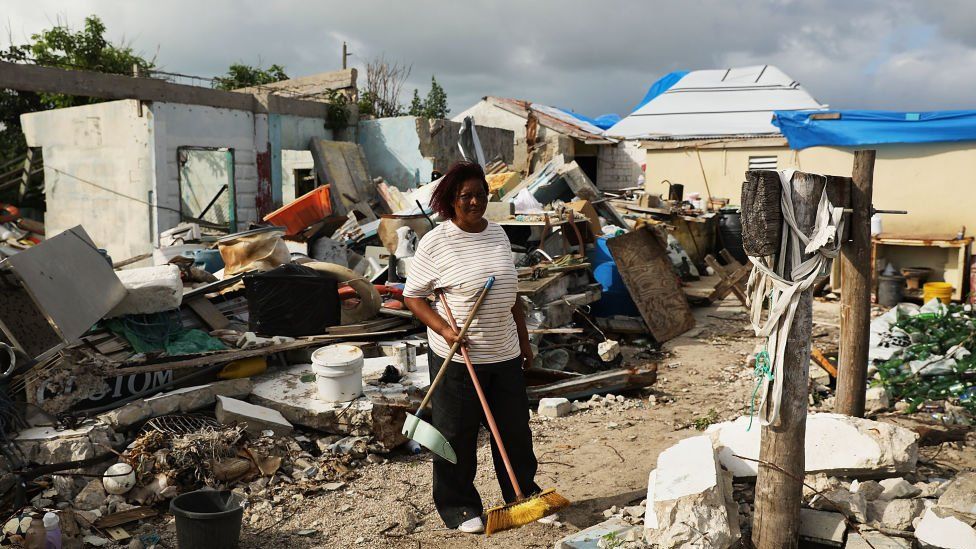Environmental Issues in the Third World Countries
Jun 07, 2023
This essay explores the environmental issues faced by Third World countries today. These challenges are increasingly becoming more dire and complex, as global climate change continues to have a devastating impact on their environments. This essay examines the effects of these changes on their economies, health, and ways of life, as well as how organizations are working to mitigate and prevent them from getting worse.
Climate change has caused sea levels to rise in many areas, leading to greater coastal flooding and erosion; this in turn affects water sources, crops, habitats for wildlife, tourism revenues, and livelihoods depending on fishing or agriculture. Warmer temperatures also mean increased desertification - land degradation due to drought or over-farming - leading to soil-depletion and decreased crop yields. Increasingly frequent extreme weather events such as floods, hurricanes, and cyclones can cause mass destruction to infrastructure and homes.

The effects of climate change also extend to the health of Third World citizens. Heatwaves, droughts, and vector-borne diseases often make living conditions difficult and pose risks to human life. Air pollution, water contamination from industrialization or agricultural runoff, and soil erosion are all further contributing factors to poor health outcomes such as respiratory illnesses and cancer.
Organizations like the United Nations Environment Programme (UNEP) have been working with communities in Third World countries around the world to mitigate these issues by promoting sustainable development practices. These include transitioning away from fossil fuels toward renewable energy sources, preserving wetlands for carbon storage, regulating industrial and agricultural emissions, reforestation projects, and conservation efforts to protect threatened species.
Although environmental issues in Third World countries are complex, they are not insurmountable. By creating greater awareness of the problem and implementing more sustainable practices, it is possible to create a more secure future for these nations and their citizens. With collective effort and dedication from individuals, governments, industries, and organizations around the world, we can make measurable progress towards safeguarding our environment for generations to come.
